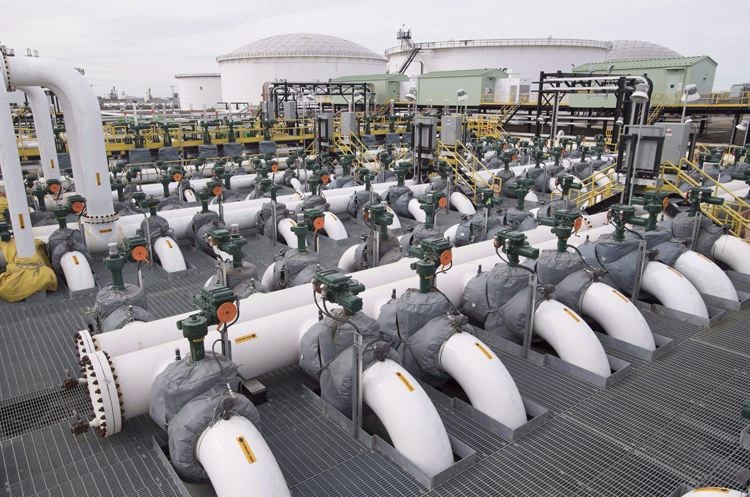In Fall 2016, my column on the cancellation of Northern Gateway was picked up by the CBC.
My words became a recorded essay for The 180 show and, after some elocution training in the CBC lilt, I read: "we no longer live in a nation called Canada. Rather, we live in a collection of little fiefdoms and each one requires compensation to cross it."
At the time, I would have admitted to an exaggerated cynicism for media hype - now, those words appear prescient.
In January 2017, mistaking my column for encouragement, our Dear Leader declared Canada "the first post-national state."
Then in October, Trans-Canada cancelled Energy East after changes in the National Energy Board review process and interference from groups in Quebec. This despite the rail disaster at Lac-Megantic caused by a shipment of derailed crude that killed 47 people in 2013, not to mention the clear advantage of safely.
In 2018, similar tactics are being employed against Kinder Morgan's Trans Mountain pipeline expansion. Bandits in masks and the robber baron on the Fraser, John Horgan, hold the project for ransom, as that clearly gets results. This comedy of errors is even creating allies out of arch-enemies in Alberta, as NDP Premier Rachel Notley and Tory leader Jason Kenney vie for the title "defender of the oil sands," each pushing the tempo and pitch of their moral outrage.
Meanwhile, the man who played Mr. Dressup for our former sister-in-empire, India, has not been able to coax the parties into a reasonable compromise; neither has the thespian taken up his father's gusto, "just watch me," and made a spectacle of rubbing dissident noses in our constitution which clearly stipulates provinces may not embargo national trade or any of the infrastructure required to conduct it.
Next, Alberta might just close the taps to B.C.'s gas pumps.
How did we get here? Exploring Canada's long descent into this present madness is a topic that could take up a dozen columns, starting with the King-Byng Affair which popularized political plays against constitutional realities.
But because we live in an age of memes, it's best to keep answers short, of which there are three: the abdication of leadership by Parliament, the fatal tilt towards provincial/regional politics and the incentivizing of lawlessness by protesters.
Parliament effectively handed governance of the country over to the Supreme Court in 1982 as judicial decisions prove by the day. And there is no better catchall explanation than our prime minister's words quoted above; if the belief of our leaders is that the Canadian identity is not worth defending, or doesn't even exist, then factions will compete for dominance in the power vacuum left behind, creating a feedback loop of evermore divisive politics at every level.
Which brings us to regionalism. This isn't a new development in Canada, but as our identity continues to fracture, regional loyalty increases; furthermore, the purview of premiers - not to mention the lack of checks and balances for our legislatures - does make them more akin to Norman barons than to U.S. state governors.
Add to this the entrenched position of provincial vetoes in the Charter, and it's no wonder even the mildest premiers end up calling for blood.
Finally, because Canadian legal culture has long lost the tragic view of human nature, we have failed to deter the vulgar many from committing crimes and obstructing democratically-sanctioned projects.
After stiff warnings and plenty of time to leave, the logical course would be firehoses, tear gas, even billy clubs - these are trespassers after all.
But the current wisdom is to appease the unwoke and let them disrupt our nation's enterprise, even on the taxpayer's dime.
In spite of the crisis, I believe there is still hope: if we ever realize the nation has indeed dissolved into a collection of little fiefdoms, we may begin to re-confederate into a real country.



